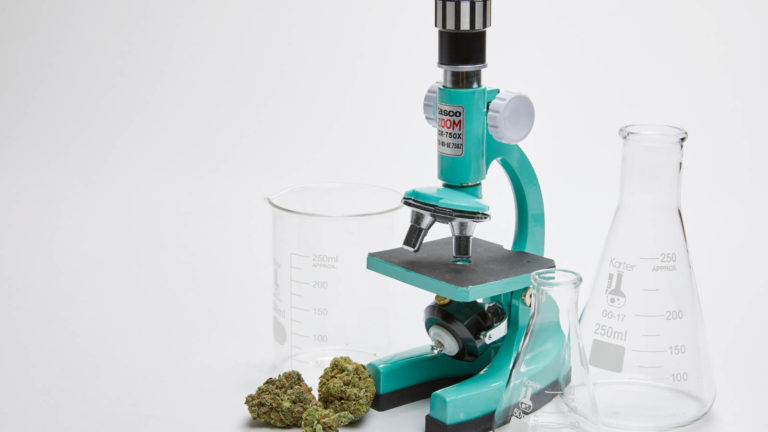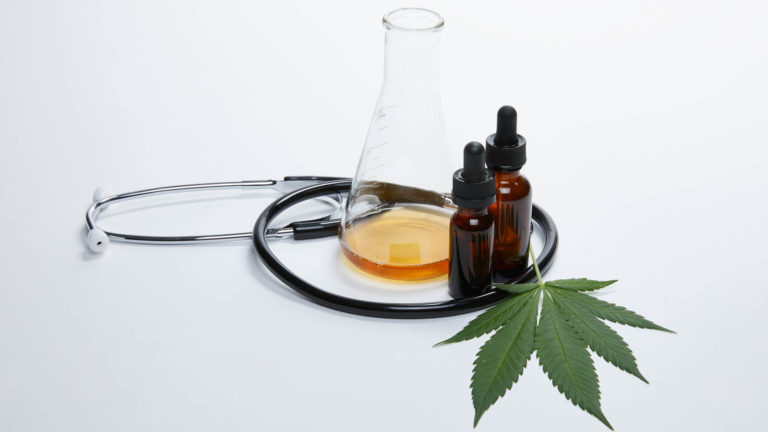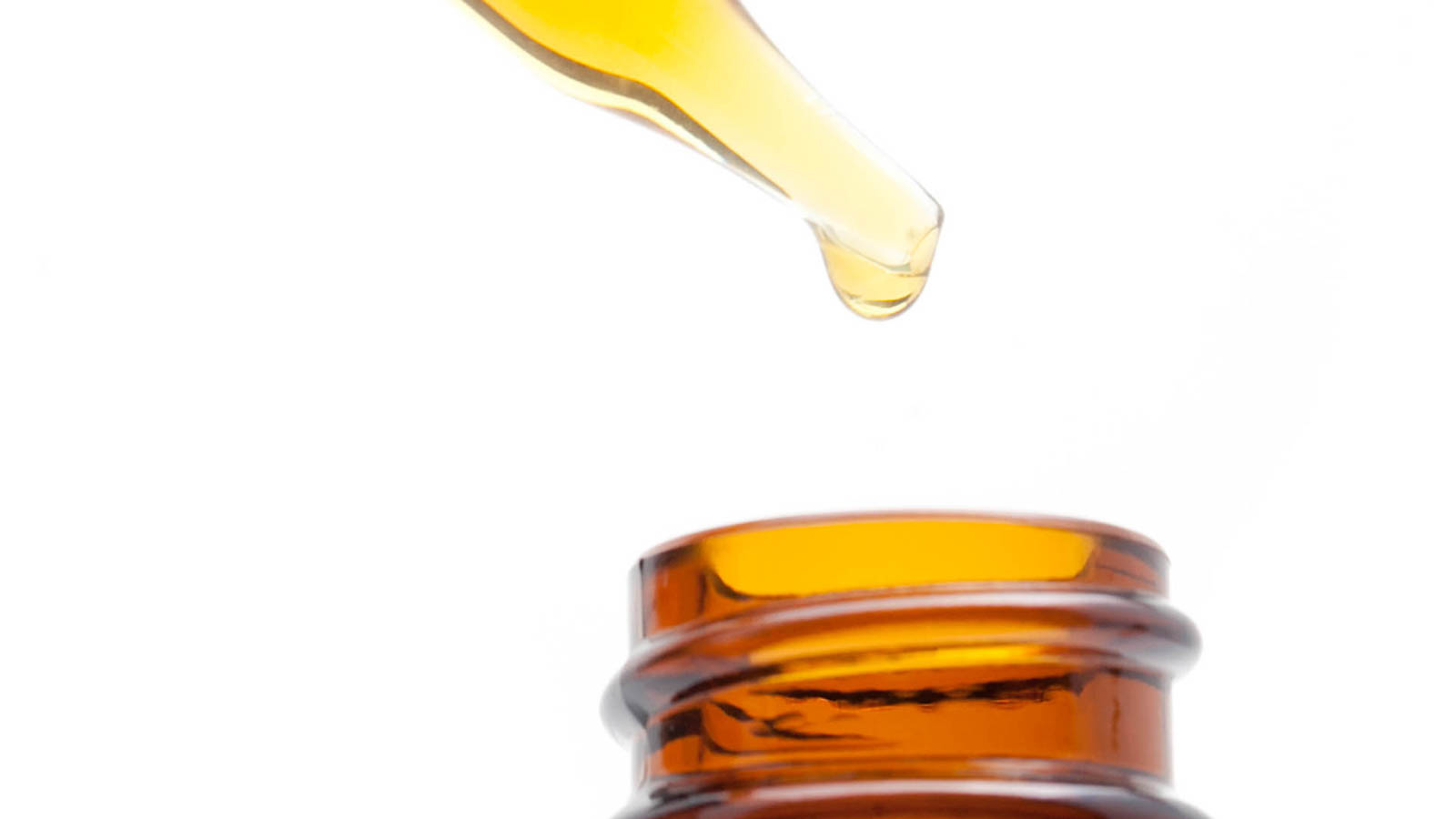As many as two out of every five Americans will develop Type 2 diabetes during their lifetime. Both Type 1 and Type 2 diabetes are chronic disorders that stem from the body creating insufficient insulin or becoming resistant to insulin. Insulin is a hormone produced by the pancreas that helps with the storage and usage of glucose, a sugar that supplies cells with energy.
Those with diabetes may also experience issues such as high blood pressure, circulatory problems, and nerve inflammation. Careful and consistent management of blood sugar levels is critical to avoid diabetes-related problems including vision loss, infections that can lead to limb amputation, kidney damage, heart damage, or stroke.
Medications that are commonly used to help manage diabetes can have unpleasant side effects such as nausea, stomach cramps, and dizziness. Emerging research and anecdotal reports indicate that cannabidiol (CBD) oil may represent a useful supplementary therapy for diabetes.
Research overview
While research exploring the effects of cannabis consumption on diabetes has been underway for some time, there are very few studies specifically investigating the effects of CBD oil as a treatment for the condition.
 Photo by: Gina Coleman/Weedmaps
Photo by: Gina Coleman/WeedmapsImage lightbox

Some researchers have pointed out, however, that CBD may offer relief from specific symptoms due to its anti-inflammatory properties. Chronic inflammation plays a crucial role in the development of insulin resistance, which is the trigger for the onset of Type 2 diabetes.
The studies
Many of the studies exploring the effects of CBD on diabetes have been carried out on animal models, with promising results.
A 2006 study published in the journal Autoimmunity shows that regular administration of CBD significantly reduced the incidence of diabetes in mice. Lower levels of certain inflammatory cells were found in the plasma of the mice treated with CBD. CBD also appeared to inhibit destructive insulitis, which is a disease of the pancreas.
CBD also appears to offer anti-inflammatory and neuroprotective properties, which can inhibit oxidative and nitrative stress in the body. These stressors can lead to neuronal injury and retinal damage, resulting in diabetic blindness. In a 2006 study published in the American Journal of Pathology, CBD treatment reduced inflammation and oxidative stress, preventing cell death in the retinas of diabetic rats.
A 2010 preclinical study published in the Journal of the American College of Cardiology noted that not only did CBD help to reduce inflammation in a diabetic population of mice, but it also helped to lower the likelihood of cardiovascular disorders that can occur among diabetics.
A 2019 study published in the Springer journal Neurotoxicity Researchfound that the neuroprotective effects of CBD were instrumental in preventing inflammation and improving memory function in the brains of middle-aged diabetic rats.
However, a randomized, double-blind, placebo-controlled trial among human participants revealed less favorable results. The 2016 study published in Diabetes Care showed that CBD yielded no effect on glycemic control compared with a placebo. Glycemic control is essential to the successful management of diabetes and its associated symptoms.
 Photo by: Gina Coleman/Weedmaps
Photo by: Gina Coleman/WeedmapsImage lightbox

The study did, however, find that the non-intoxicating cannabinoid delta-9-tetrahydrocannabivarin (THCV) significantly decreased one of the blood levels used to screen for diabetes. THCV also improved the function of pancreatic cells.
Although CBD did not affect glycemic control, it did help to reduce concentrations of resistin compared with baseline, but not the placebo group. High levels of the hormone resistin are associated with obesity and insulin resistance. The authors conceded that the study used low doses of CBD — 200 milligrams per day. Earlier studies in rat populations, and other studies of CBD in humans, have required higher doses of CBD for a therapeutic effect to take place.
Patient perspectives
For Bella Kyle, whose name has been changed for this article, using CBD oil as a supplement to her medication regime helps her to manage her morning blood sugar levels.
“Taking CBD oil at night helps me prevent the dawn effect, or elevated morning blood sugars,” Kyle said. She also observes that taking CBD oil on and off for two years has helped her to reduce her anxiety, and fall asleep more easily.
On a Reddit thread discussing CBD oil for diabetes, one contributor was positive about the effects of CBD combined with regular medication. “I'm a Type II diabetic, controlled by oral meds and diet. I've been taking CBD caps twice daily and my AM sugar has dropped 15-20 points.”
For other people living with diabetes, however, the benefits of CBD are debatable. Another Reddit contributor observed, “I've had my first try of it over the last few days and I'm honestly unsure what all of the fuss is about. Maybe I'm not dosing correctly, or maybe my expectations are too steep.”
What the experts say
Dr. Elaine Burns is a board-certified naturopathic medical doctor and medical director of The Southwest Medical Marijuana Evaluation Center in Arizona. While wary of supporting CBD as a potential treatment for diabetes, she does recognize that it may help in the management of certain symptoms.
“I have not seen a lot of evidence that CBD could be a first-line of treatment for diabetes - nor have I seen that in my practice over the years,” Burns said.
 Photo by: Gina Coleman/Weedmaps
Photo by: Gina Coleman/WeedmapsImage lightbox

“However, what it can help with are the secondary issues caused by uncontrolled blood sugars such as inflammation, which is the cause of damage to the smaller blood vessels leading to diabetic neuropathies and eye damage.”
Burns recommends CBD as an additional treatment, rather than a replacement medication. ”Patients could use it as an addition to first-line treatments, such as dietary control and exercise, and necessary pharmaceuticals,” she emphasized.
Bart Wolbers is a researcher and health scientist at Nature Builds Health, a health-centric initiative that uses sunlight, breathing techniques, and meditation to improve health. He noted that since there is a lack of evidence in human studies that CBD is useful in preventing diabetes, or managing symptoms associated with it, he advises diabetes sufferers to refrain from using CBD.
“More research is needed, in part because animal studies conflict with the human study. Given the few studies that have been carried out, I'd not recommend CBD for diabetes patients until more research provides clarification,” Wolbers said. “CBD is expensive for many people, and better alternatives are available for diabetes patients at this point.”
Finally, Dr. Roberta DeLuca, a physician and educator at Cbdbiocare, notes that the passing of the 2018 Farm Bill should usher in a wave of new studies into CBD and diabetes that will provide more conclusive insights.
“Clinical research, although promising in the early years of study, was first conducted in animal studies. Later study results conducted in vivo have not been as favorable or conclusive,” DeLuca explained. “Now that the Farm Bill has passed, we should see an increase in relevant and more definitive studies.”
 Photo by: Gina Coleman/Weedmaps
Photo by: Gina Coleman/WeedmapsImage lightbox

DeLuca states that there is good reason to believe CBD may benefit patients with diabetes. “Diabetes is an autoimmune disease and CBD is generally and particularly well-suited for the symptoms of autoimmune disease: chronic pain, inflammation, anxiety, and neuropathy.”
In the meantime, DeLuca discourages individuals from using CBD as a first-line treatment until sufficient human research has been conducted, but she believes CBD could be included as an adjunct treatment.
“CBD can most effectively be used as part of a lifestyle approach, along with diet and exercise, to treat, prevent, and manage exacerbating symptoms of chronic neuropathic diabetic pain, inflammation, and some of the mood disorders characteristic of diabetes.” DeLuca also notes that CBD may also encourage faster metabolism of food to help prevent or manage obesity.
Bottom line
While studies in animal populations suggest that CBD oil may one day be recognized as a useful therapy for diabetic patients, at present, there are few studies among human participants to support its use, as well as a scarcity of data regarding appropriate therapeutic dosage.
Diabetic patients interested in trying CBD oil should consult with a medical professional experienced in cannabis medicine.

